Anxiety affects millions of people globally, impacting daily life, relationships, and overall well-being. While pharmaceutical treatments like SSRIs and benzodiazepines are common, many individuals seek natural alternatives that offer relief with fewer side effects. Among natural options, several herbs, supplements, and lifestyle approaches have emerged as powerful tools in managing anxiety symptoms. This article explores the strongest natural anxiety medications supported by scientific evidence.
1. Ashwagandha (Withania somnifera)
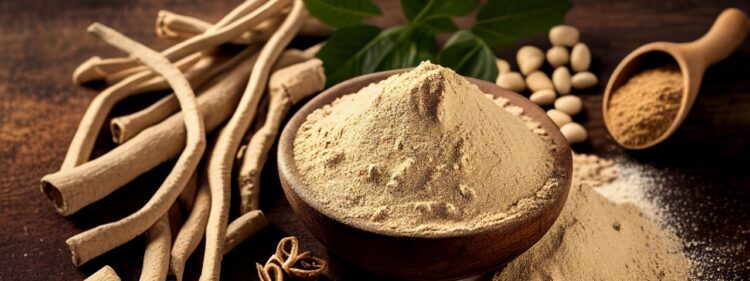
Mechanism: Adaptogenic herb that regulates stress hormones, especially cortisol.
Evidence: Clinical studies show that Ashwagandha can significantly reduce anxiety levels in individuals with generalized anxiety disorder (GAD) and chronic stress. One double-blind, placebo-controlled study found a 30–44% reduction in anxiety symptoms after 8 weeks of supplementation.
Dosage: 300–600 mg of standardized root extract daily.
Side Effects: Generally well tolerated; mild drowsiness or stomach upset in rare cases.
2. L-Theanine
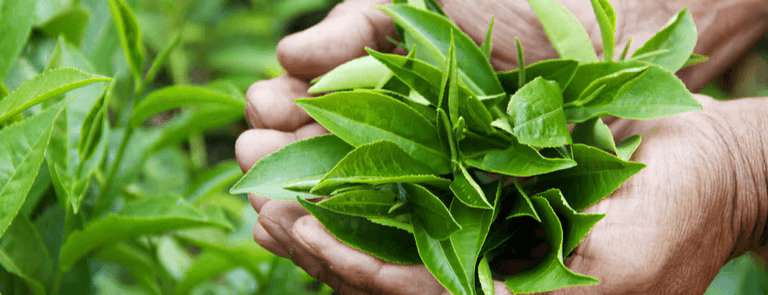
Mechanism: An amino acid found in green tea that promotes relaxation without sedation. It increases alpha brain waves and modulates dopamine and serotonin levels.
Evidence: Studies suggest L-theanine reduces anxiety in stressful situations (e.g., before exams) and improves sleep quality without causing drowsiness.
Dosage: 100–400 mg daily.
Side Effects: Very few; generally considered safe.
3. Passionflower (Passiflora incarnata)
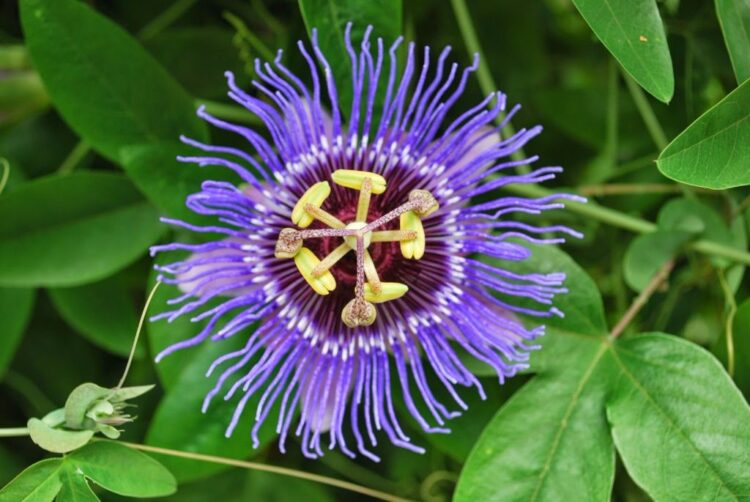
Mechanism: Enhances gamma-aminobutyric acid (GABA) in the brain, a neurotransmitter that helps regulate mood.
Evidence: Clinical trials suggest passionflower is as effective as some prescription anti-anxiety medications like oxazepam for short-term anxiety relief, particularly in generalized anxiety and preoperative anxiety.
Dosage: 250–500 mg of extract or 1–2 grams of dried herb.
Side Effects: May cause drowsiness or dizziness.
4. Valerian Root (Valeriana officinalis)
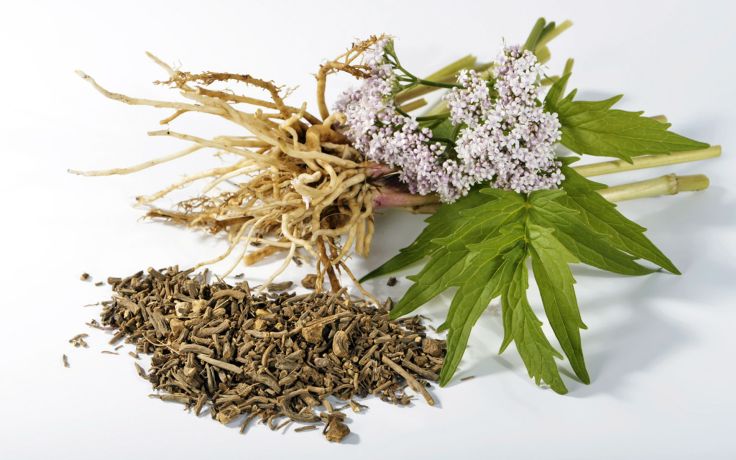
Mechanism: Acts on GABA receptors to promote relaxation and sleep.
Evidence: Best known for treating insomnia, valerian root also shows promise in easing mild anxiety. Some studies suggest it may enhance the calming effects of other natural anxiolytics.
Dosage: 400–900 mg before bedtime.
Side Effects: Drowsiness, headache, vivid dreams in some users.
5. CBD (Cannabidiol)
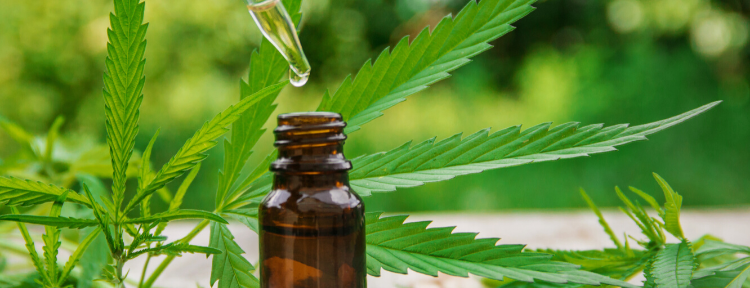
Mechanism: Interacts with the endocannabinoid system and serotonin receptors, producing calming effects without the psychoactive “high” of THC.
Evidence: Numerous studies, including randomized controlled trials, confirm CBD’s effectiveness in reducing social anxiety and general anxiety disorder symptoms. Benefits are often seen with regular use.
Dosage: 25–75 mg per day, depending on severity and form.
Side Effects: Fatigue, dry mouth, possible interaction with medications.
6. Magnesium
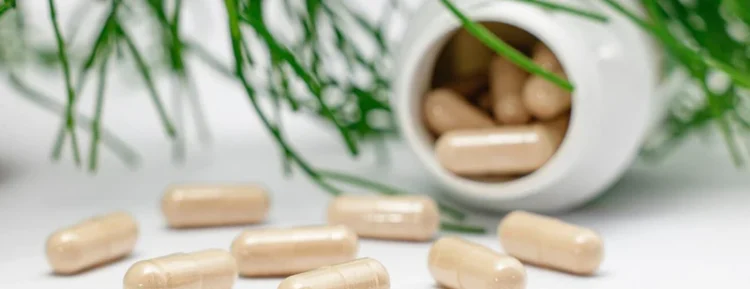
Mechanism: Regulates neurotransmitters involved in anxiety, including GABA and glutamate. Chronic stress depletes magnesium, which can exacerbate anxiety.
Evidence: Magnesium supplementation has shown benefits in reducing mild-to-moderate anxiety, especially in those with low magnesium levels.
Dosage: 200–400 mg daily (magnesium glycinate or citrate preferred for absorption).
Side Effects: Diarrhea (especially with magnesium oxide); caution in kidney disease.
7. Rhodiola Rosea
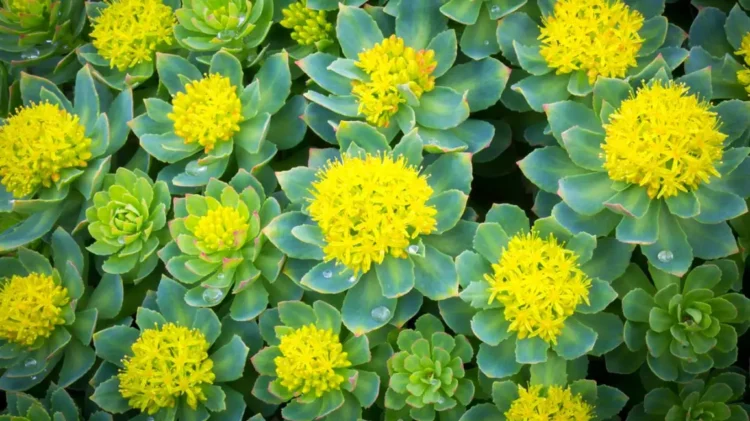
Mechanism: Adaptogen that enhances the body’s ability to cope with stress by balancing cortisol and boosting mental energy.
Evidence: Clinical research indicates Rhodiola can reduce fatigue and improve stress resilience, particularly useful for anxiety linked to burnout.
Dosage: 200–600 mg per day, typically standardized to 3% rosavins.
Side Effects: Mild insomnia if taken late in the day.
Bonus: Lifestyle Practices with Natural Anxiolytic Effects
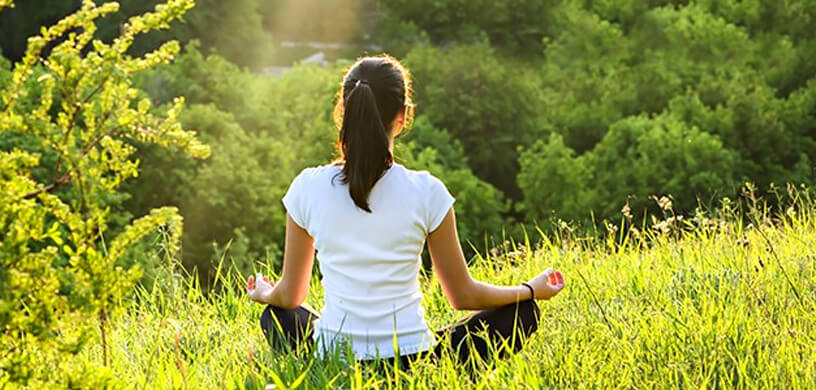
While supplements can be powerful, lifestyle changes amplify their effectiveness:
Mindfulness meditation and yoga reduce cortisol and increase brain resilience.
Regular aerobic exercise increases GABA and endorphins.
Dietary changes, such as a high-fiber, anti-inflammatory diet (rich in omega-3s and probiotics), improve gut-brain axis health and mood regulation.
Conclusion
The strongest natural anxiety medications—such as Ashwagandha, L-theanine, and CBD—offer effective alternatives for those seeking relief without the side effects of traditional pharmaceuticals. While these remedies are generally safe, it’s crucial to consult a healthcare provider before starting any new supplement, especially if you’re taking medication or managing other health conditions.
With the right combination of natural compounds and lifestyle modifications, managing anxiety can become more holistic, sustainable, and empowering.

